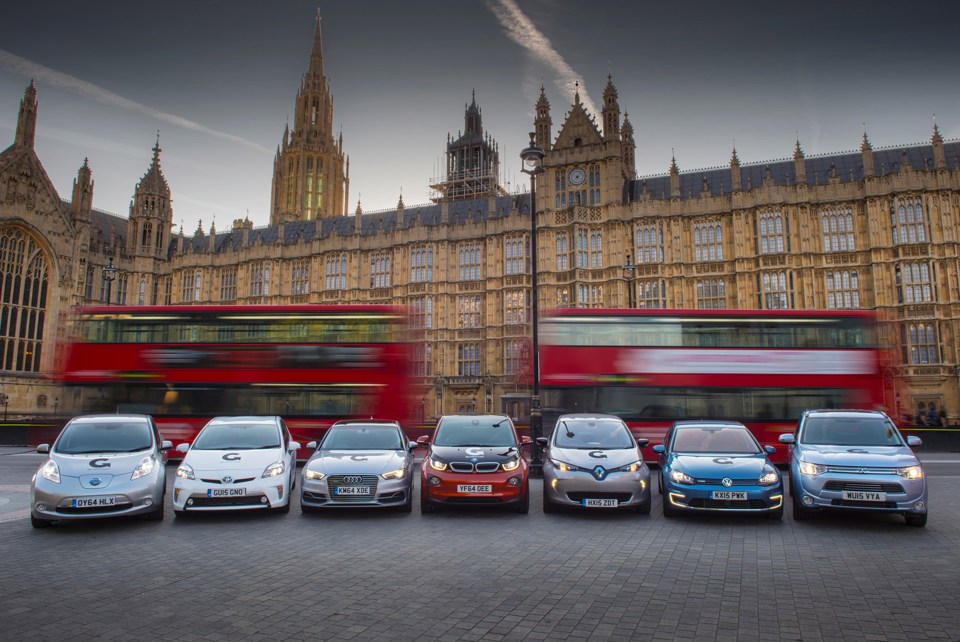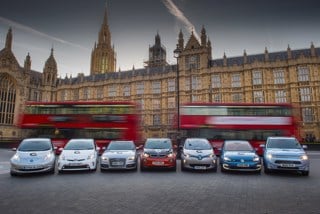The Department for Transport (DfT) has confirmed that the new, lower rate for the Plug-in Car Grant has been implemented early after “exceptional demand”.
The Government announced earlier this month that the plug-in car grant would be be cut by £1,000 and no longer apply to hybrid cars with a range of less than 70 zero emission miles, from November 9.
It said the reduction in funding - from £4,500 to £3,500 - for the cleanest cars, and withdrawing the grant completely for the likes of the Mitsubishi Outlander PHEV and the Toyota Prius Plug-in, was a sign of its success.
The 22% cut in grant value for the cleanest cars also reflected the “recent reductions in the price of electric vehicles”, it claimed.
However, the DfT warned that it would be prepared to implement the new rate before November 9, if the news sparked a rush from buyers eager to qualify for the grant at current levels.
It has now reported that grant-eligible vehicles were sold at a rate that was more than six times higher than normal, causing officials to put the new, limited scheme in place on Sunday (October 21).
A spokesperson for the DfT said: "Following exceptional demand, the sales cap for all vehicles eligible for the grant has been reached, and the new grant rates are now in effect.
"These changes will allow us to focus support on zero-emission vehicles, such as pure electric and hydrogen fuel cell cars. Hybrid vehicles will continue to be supported through lower car tax rates, grants for charging infrastructure and local incentives such as free parking."
An average of 900 grants at the previous more generous levels were claimed each day since the changes were announced, compared with 140 during the first six months of 2018.
Steve Gooding, director of the RAC Foundation, said: “Whilst ministers might have fallen out of love with hybrid technology, this last-minute rush to showrooms suggests the reassurance of running in part on conventional fuel is attractive to buyers with range anxiety, especially when it comes at an attractive price.
“The big question is whether motorists’ enthusiasm for hybrids will hold up now that the plug has been pulled on the grant.”
























Devon Guy - 23/10/2018 12:09
Very disappointing and inconsistent messaging from government / HMRC, but should we be surprised? If nothing else this remarkable increase in demand shows there is a direct correlation between tax incentives and incentivising green transport (as Norway and other countries can testify).However, it is all a bit too late. An obvious compromise for HMRC would be to bring the electric /ULEV lower BIK tax reduction back to 2019/20, then offer EITHER the Plug in grant or lower BIK benefit. That way both individuals and businesses benefit equally and HMRC lose less revenue? What has also been ignored in HMRC's calculations is the increased VAT and other indirect tax benefits from increased car sales, to offset these grants / incentives schemes. A more business-like approach is desperately needed at HMRC.